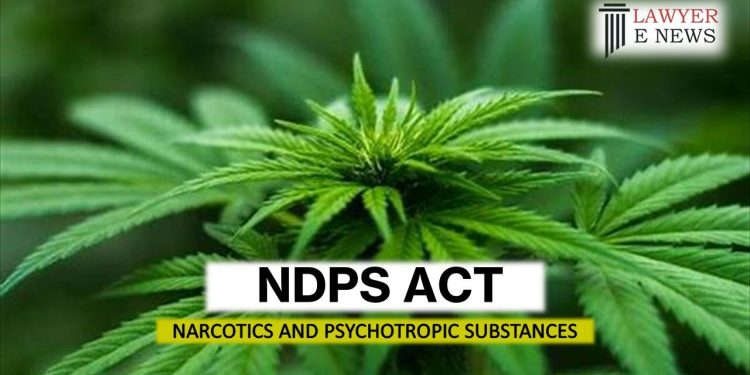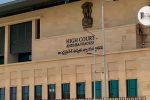Supreme Court Acquits Accused in NDPS Act Case Due to Lack of Evidence and Procedural Irregularities

In a significant judgment, the Supreme Court of India acquitted two accused persons in a case under the Narcotic Drugs and Psychotropic Substances Act, 1985 (NDPS Act) due to lack of evidence and procedural irregularities. The judgment was delivered by a bench comprising Justices Abhay S. Oka and Rajesh Bindal.
The case involved Criminal Appeal No. 451 of 2011 and Criminal Appeal No. 1185 of 2011. Accused no. 1 had filed Criminal Appeal No. 1185 of 2011, while accused no. 3 had filed Criminal Appeal No. 451 of 2011.
According to the prosecution’s case, PW-2 Nalini Ranjan, an Intelligence Officer of the Narcotics Control Bureau (NCB), received information that accused no. 1 was involved in drug trafficking and had come to Chennai to receive 5 kilograms of heroin from accused nos. 2 and 3. The plan was allegedly to deliver the contraband to accused no. 4, who would then transfer it to Tuticorin and eventually to Sri Lanka. Based on this information, a raid was conducted at Hotel Suriya in Periamet, Chennai, where accused no. 4 was staying. Accused nos. 1, 2, and 3 were also present in the room. A bag containing 5.067 kilograms of heroin was found and seized by the NCB officers.
Both accused nos. 1 and 3 were convicted by the trial court for offences under the NDPS Act. The High Court of Judicature at Madras confirmed their conviction but reduced the sentence. Aggrieved by the verdict, the accused persons approached the Supreme Court.
In the appeal, the learned senior counsel appearing for accused no. 3 argued that the confessional statements made by the accused should be considered inadmissible as they were recorded by a police officer, attracting the bar under Section 25 of the Indian Evidence Act. The counsel also pointed out that the seizure and sampling of the contraband were not done in accordance with the provisions of the NDPS Act.
The Supreme Court, after considering the arguments and examining the facts of the case, rendered its judgment. The Court held that the confessional statements made by the accused to an officer empowered under Section 53 of the NDPS Act were inadmissible under the bar of Section 25 of the Evidence Act. The Court also observed that the statements of the independent witnesses were not admissible as the prosecution failed to prove their unavailability.
Regarding the seizure and sampling of the contraband, the Court noted that the actions of the NCB officer, PW-2, were not in conformity with the provisions of the NDPS Act. Drawing samples at the time of seizure without the presence and certification of a Magistrate was found to be a procedural irregularity. This raised doubts about the authenticity of the seized substance.
Furthermore, the Court found that the contraband was found in the room occupied by accused no. 4 and not in the custody of accused no. 1. The prosecution failed to establish the involvement of accused nos. 1 to 3 in bringing the contraband to accused no. 4’s room. The Court observed that the prosecution’s case was not free from suspicion.
Based on these findings, the Supreme Court set aside the convictions and acquitted accused nos. 1 and 3. The judgments of the lower courts were overturned, and the appellants were acquitted of the charges against them.
Bothilal Vs The Intelligence Officer Narcotics Control Bureau






